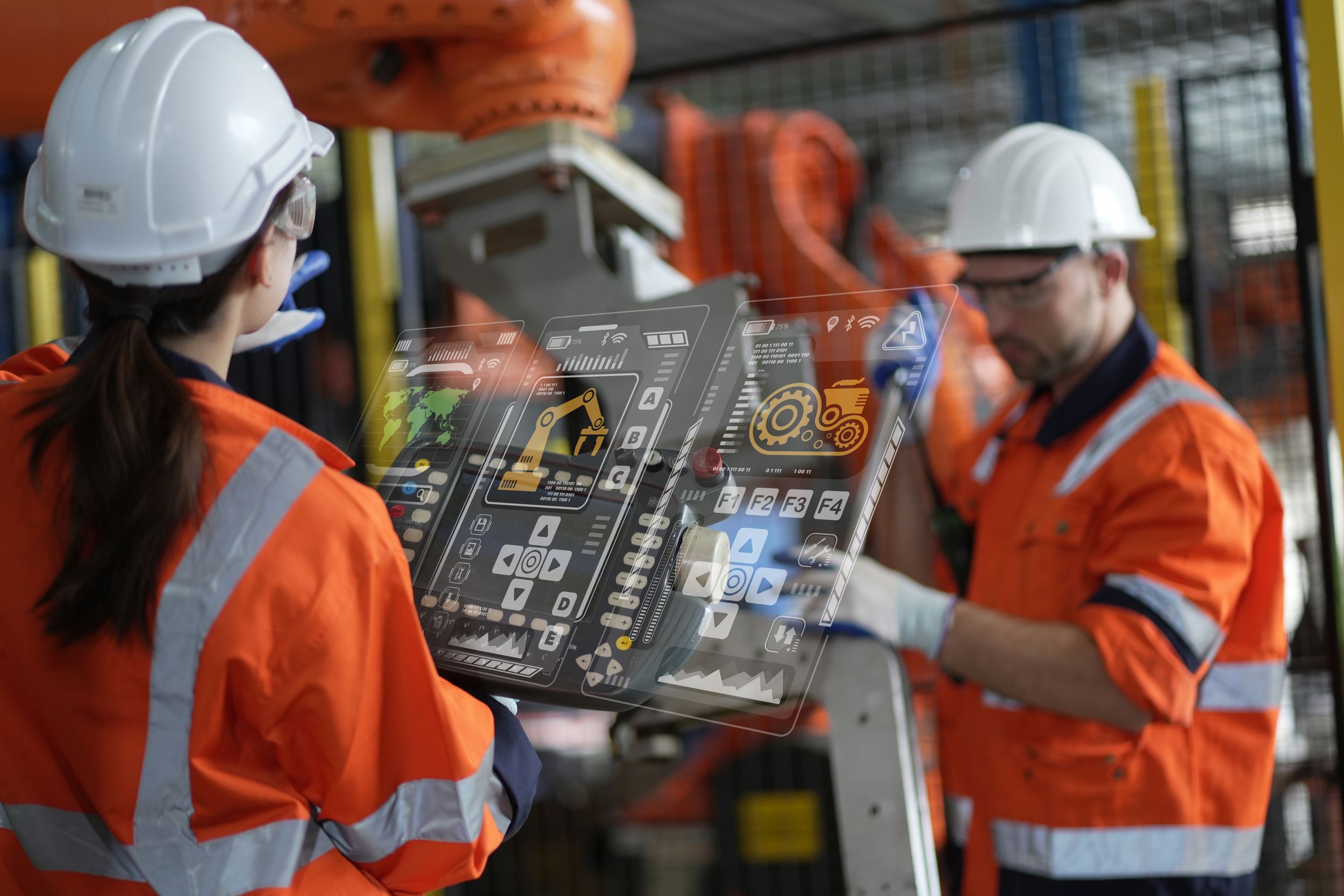In today’s fast-paced digital age, technological advancements are changing the game for businesses everywhere. With Moore’s Law doubling the number of transistors in a microchip every two years, it’s more important than ever for companies to stay ahead of the curve and make informed, data-driven decisions.
The Fourth Industrial Revolution, driven by the growth of artificial intelligence and the rise of intelligent assistance, is shaping the future of business and the global economy. However, with the pace of technological change outpacing the ability of human intuition and experience, businesses must adapt and embrace new tools and techniques to make the most of this new reality.
One such tool is regression analysis, a powerful data analytics method that allows companies to better understand the relationships between variables, predict future trends, and make informed decisions about where to focus their efforts. By using regression analysis, salespeople can identify what factors are most important to boosting sales, production managers can increase productivity, and manufacturing leads can make informed decisions about their operations.
To fully realize the benefits of regression analysis, businesses must invest in a framework that provides access to digital analytics and upskills their team members in the use of these tools. Regression analysis can be performed using popular software programs like Microsoft Excel, SPSS, SAS, and MINITAB, and the results can help businesses make better decisions about the future.
In other hand, create a blueprint in efficiency in the manufacturing’s plant would enhance digitization and site-wide monitoring and empower the workforce while enabling faster, smarter decision making, resulting in a reduction of manual paperwork, and leveraging lean management which drives improvements in labor productivity, and helping further reduce unplanned downtime.
Digital Transformation in the plant industry has revolutionized business operations by integrating advanced analytics, artificial intelligence, and the Industrial Internet of Things (IIoT). It has optimized efficiency and helped achieve sustainability goals by monitoring resource usage and environmental impact. This offers tremendous potential for businesses to improve productivity and reduce waste, creating a more sustainable future.
In today’s age of acceleration, the race is on to keep pace with the lightning-fast speed of technological advancement. In the manufacturing sector, this means transforming traditional production sites into SMART plants. By integrating digital technologies with other software tools, manufacturers can standardize processes, improve performance, and achieve digital transformation excellence.
However, the benefits of a SMART plant go beyond surface-level improvements. The integration of (IIoT) technologies opens new possibilities for productivity and efficiency gains. By leveraging data and analytics, plant managers can gain greater insights into the production process, identifying bottlenecks and opportunities for optimization.
In short, a SMART plant represents a fundamental shift in the way that manufacturers approach their operations. By embracing the potential of IIoT and other digital technologies, manufacturers can achieve greater agility, flexibility, and competitiveness in an ever-evolving marketplace. The future belongs to those who are willing to adapt and innovate, and the SMART plant is a critical tool for staying ahead of the curve.
By embracing digital decision making and the power of regression analysis, businesses can achieve new levels of efficiency, productivity, and growth. In an era of rapid technological change and increased competition, it’s essential for companies to stay ahead of the curve and make informed, data-driven decisions that will drive their success over the long term.
So, if you’re looking to future-proof your business and stay ahead of the curve, take a closer look at the power of digital decision making and the benefits of regression analysis. With the right tools, skills, and approach, you can unlock a world of new possibilities and achieve sustainable growth in the years to come.
Guest Author:

Adib Kharsa is a seasoned leader in the field of manufacturing engineering, with extensive experience in implementing lean principles and optimizing processes. As a Components Assembly Center & QHSE Regional Manager, Adib has successfully revamped assembly lines to achieve economies of scale and drive manufacturing efficiency. With a proven track record of delivering measurable results, Adib is a sought-after expert in manufacturing optimization, continuous improvement & SMART plants prospects.

Tag/s:Artificial IntelligenceAutomationBusiness TransformationDigital EnterpriseFuture of WorkIndustrial Age






Very informative
Well done Mr Kharsa
Great article, very well written Adib. Ironically I’m learning Regression Analysis tools now using R and SAS softwares in the Experimental Statistics II class for my PhD at LSU. Next semester I’m taking Multivariate Statistics class which will be more advanced. Keep the good work.
I like how Mr. Kharsa proposed regression analysis as a tool to keep up with the how fast Ai is influencing all industries with no exception. Furthermore, Adib proposed ways of fully utilizing the benefits of regression analysis. Also, he emphasized the potential greater flexibility in marketplace as a result of implementing digital decision making which inevitably will recruit human intuition in making accurate decisions.
Despite being only few paragraphs long, this article is written in a clear concise style while providing wealth of information.
Great Job Adib, it is not easy to summarize all of that information in one article.
Dear Adib Kharsa,
I was thoroughly impressed with your article, “Smart Factory Technology for Long-Term Sustainability.” You provided valuable insights into the use of smart factory technology to achieve long-term sustainability goals in the manufacturing industry. Your clear explanations of the potential benefits of technology, including increased efficiency and productivity, and the different types of technology available, such as robotics, IoT, and AI, make the article accessible and easy to navigate. Overall, your piece is a well-written and informative resource for anyone interested in exploring the topic of industrial digital transformation and how technology can be leveraged to achieve sustainability goals.
Thank you for sharing your expertise, and I look forward to reading more of your work in the future.
Regards,
Very informative indeed.
I use excel on daily basis, but never looked at it as a tool for big data analysis.
Eye opening.
It is a really valuable topic. where you can digest the relation between the digital analytics and mass production in very SMART tools
And how for all these companions can lead to head of the curve as is normal these days…
We hope to see a sister topic for this address about the Digital Demanding with SMART tools to be synchronized with this transformation of digital manufacturing.
Effective regression analysis along with IoT looks promising; It could help organisations to shift from reactive to proactive approach with realtime monitoring and data collection for further analysis. Thanks for the insightful article Mr. Adib Kharsa and your efforts to educate people about achieving productivity and growth by leveraging the new age tools.